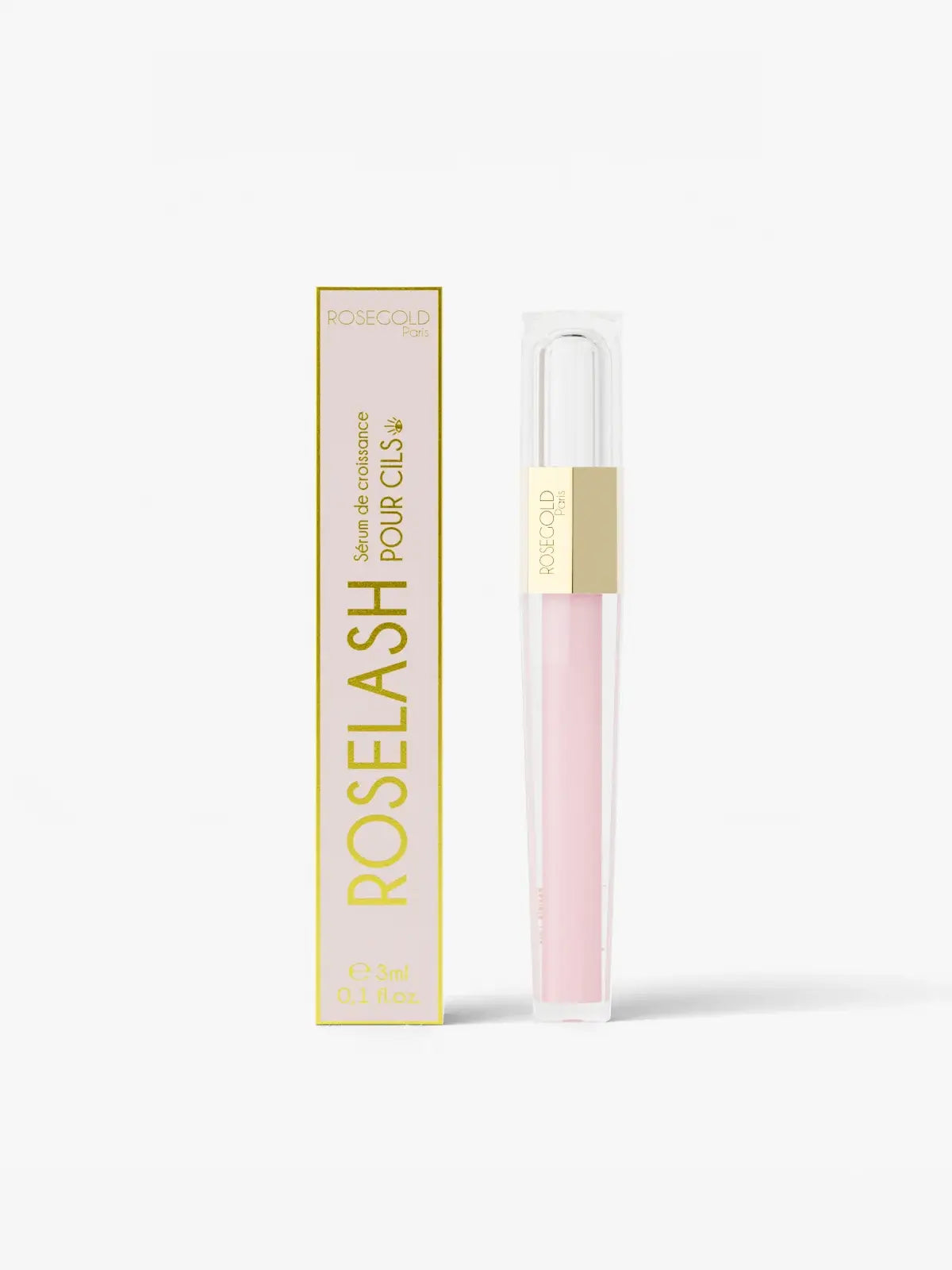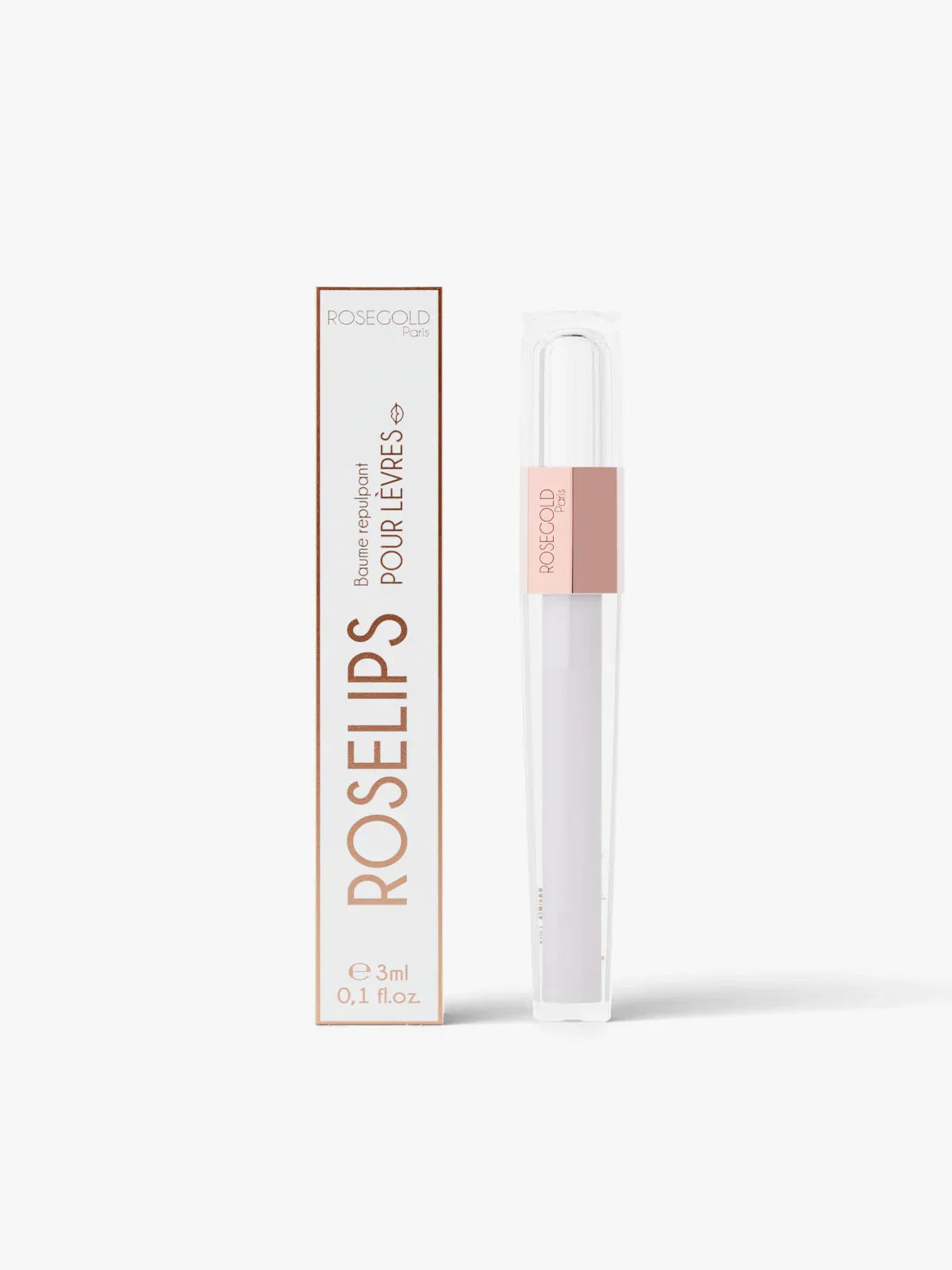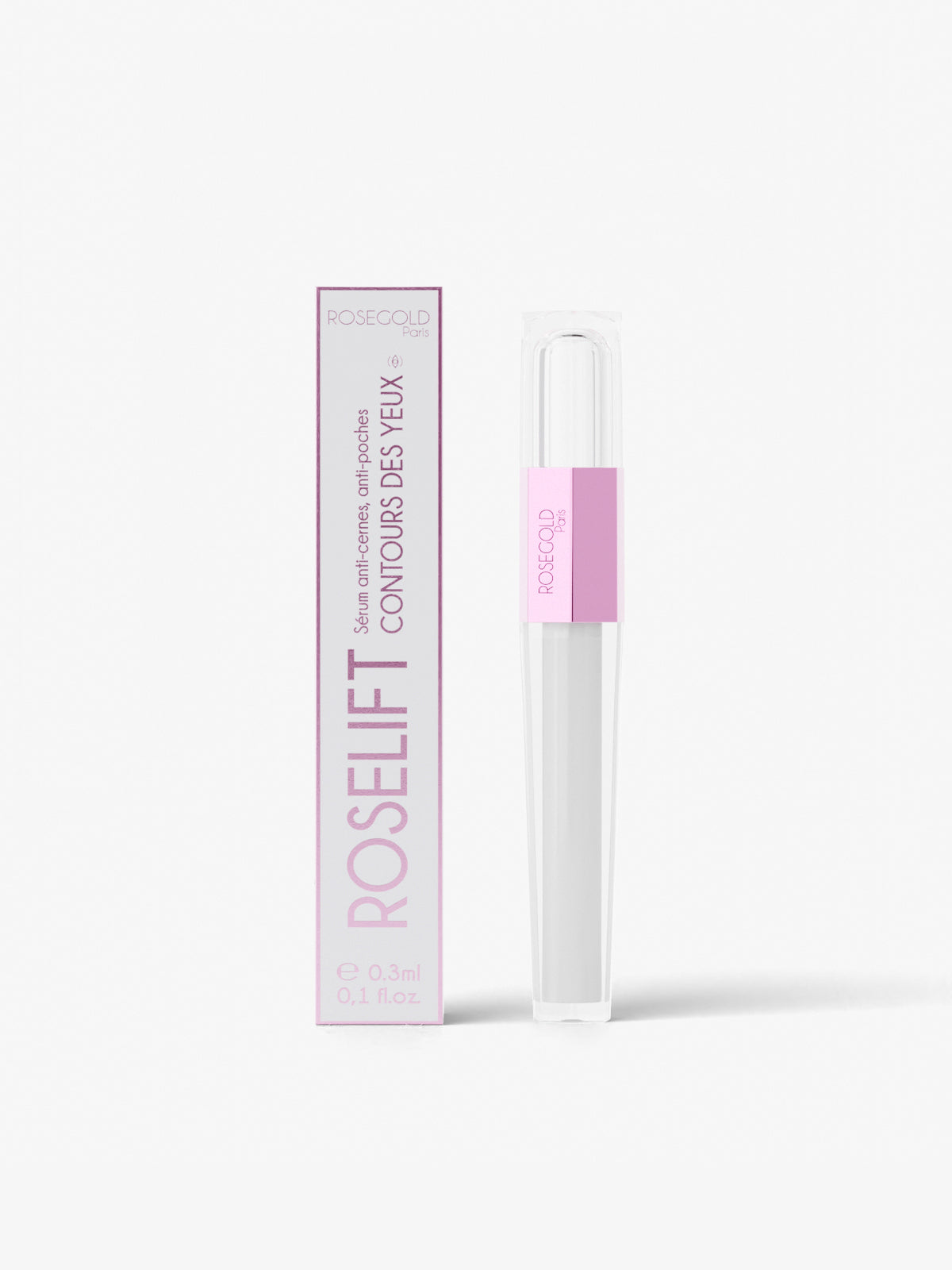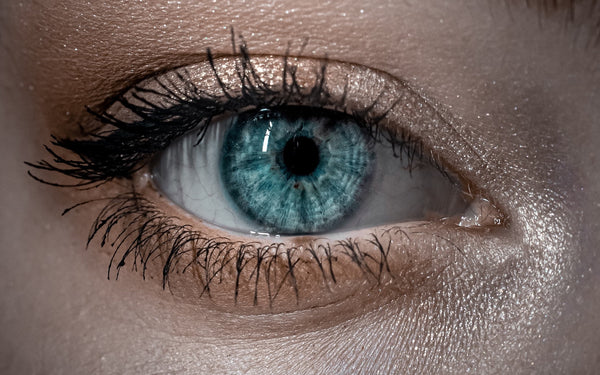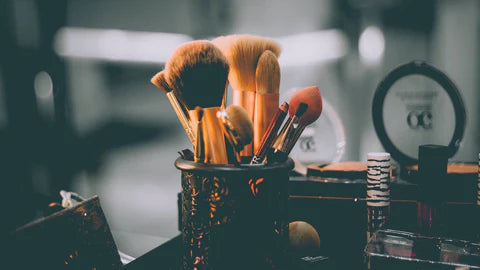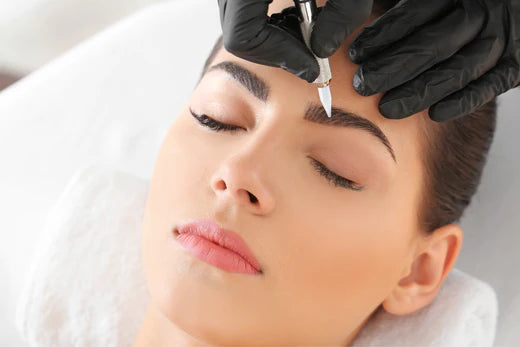
Le démaquillage à l'eau micellaire est considéré comme l'un des plus efficace ! Mais êtes vous certaine de correctement l'utiliser ? Doit-on rincer l'eau micellaire après le démaquillage ou peut-on la laisser sur le visage ? On fait le point.
Dans la famille des démaquillants, on demande l'eau micellaire ! Produit phare des années 2000, l'eau micellaire est pourtant restée dans l'ombre après son heure de gloire. Mise de côté pour des produits plus innovants et plus attrayants comme la mousse nettoyante, l'huile démaquillante ou encore le baume démaquillant, l'eau micellaire revient aujourd'hui avec des formulations totalement repensées et nettement plus actuelles.
Découvrez notre sérum cernes
Qu'est-ce qu'une eau micellaire ?
L'eau micellaire est un produit cosmétique utilisé pour nettoyer, démaquiller et rafraîchir la peau du visage. Elle est à la base devenue populaire en raison de son efficacité valable pour toutes les peaux et de sa facilité d'utilisation.
De quoi se compose t-elle ?
L'eau micellaire est composée d'eau et de micelles (on comprend mieux son nom). Les micelles sont de petites structures sphériques constituées de tensioactifs, des molécules qui ont à la fois une partie hydrophile (qui aime l'eau) et une partie lipophile (qui aime les graisses). Ces micelles agissent comme des aimants qui attirent et dissolvent les impuretés, les particules de maquillage, l'excès de sébum et les saletés présentes sur la peau... Quand on applique de l'eau micellaire sur son visage à l'aide d'un coton ou d'une lingette, les micelles se déposent délicatement sur la peau et captent la plupart des impuretés. Une légende urbaine dit qu'il n'est généralement pas nécessaire de rincer ensuite la peau, car l'eau micellaire est conçue pour ne pas laisser de résidus, sauf que l'eau micellaire contient des agents nettoyants (les fameuses micelles) qui sont considérés comme du savon ! Pour éviter toute déconvenue, il est préférable de toujours se rincer la peau lorsqu'on lui applique un nettoyant. Même si ce dernier contient de l'eau est paraît totalement neutre.
Découvrez notre sérum cernes
L'eau micellaire, un atout pour toutes les peaux

L'eau micellaire (ou solution micellaire) convient à tous les types de peau, y compris les peaux sensibles, car elle est douce et ne contient généralement pas d'alcool ni d'ingrédients agressifs. Elle peut être utilisée le matin pour rafraîchir la peau et éliminer les traces de sébum accumulées pendant la nuit, mais aussi le soir pour le démaquillage des yeux et de la peau du visage avant le coucher.
Découvrons quelques recommandations spécifiques selon chaque type de peau :
-
Pour les peaux normales : l'eau micellaire est un excellent choix pour le type de peau dit normale, car elle nettoie en douceur sans dessécher le derme ni perturber son équilibre naturel.
-
Pour les peaux sèches : si vous avez la peau du genre sèche, optez pour une eau micellaire hydratante qui contient des ingrédients nourrissants comme l'acide hyaluronique, la glycérine ou les huiles végétales. Tous ces actifs aideront à préserver l'hydratation de la peau tout en la nettoyant en douceur.
-
Pour les peaux grasses ou sujettes aux imperfections : Les peaux grasses ou les peaux à tendance acnéique, vont choisir une eau micellaire spécialement formulée afin de réguler l'excès de sébum et aider à réduire les imperfections. On se dirige vers des produits qui contiennent des ingrédients purifiants tels que l'acide salicylique ou le zinc.
-
Pour les peaux sensibles : L'eau micellaire est souvent recommandée pour les peaux sensibles, car elle se formule généralement sans parfum et sans alcool, ce qui réduit le risque d'irritation. Dans tous les cas, les peaux sensibles doivent toujours s'assurer de choisir une formulation douce et adaptée à leur type de peau.
Il est important de noter que chaque personne a une peau unique, donc ce qui fonctionne pour une personne peut ne pas fonctionner pour une autre. Pour éviter tout inconvenant, il est préférable de faire un test préalable sur une petite zone de la peau (comme le creux du coude) avant d'utiliser l'eau micellaire sur l'ensemble du visage. Si aucune réaction n'est observée, alors c'est tout bon.
Découvrez notre sérum cernes
